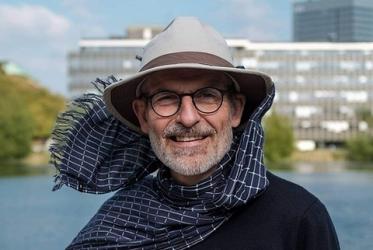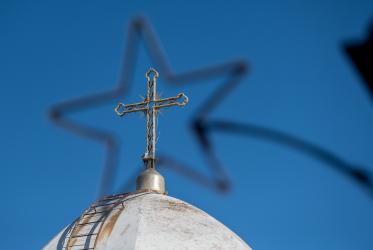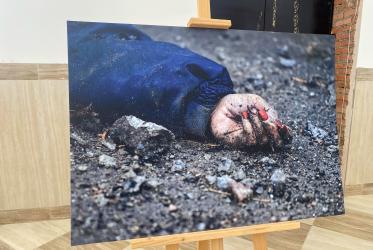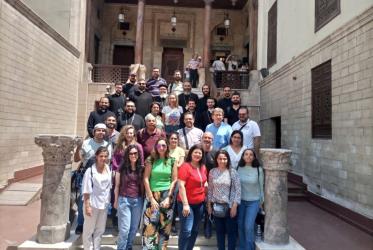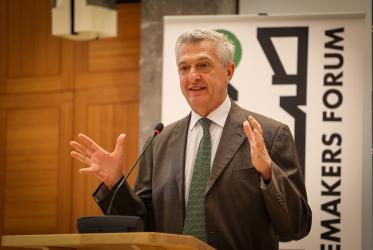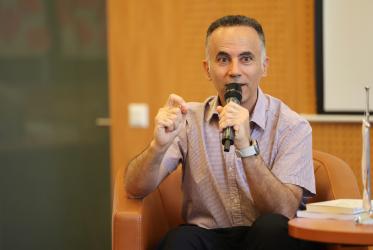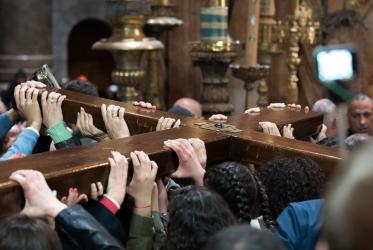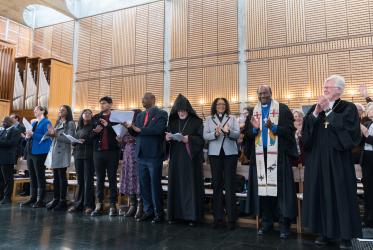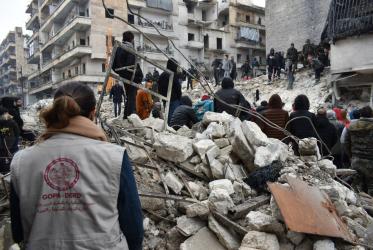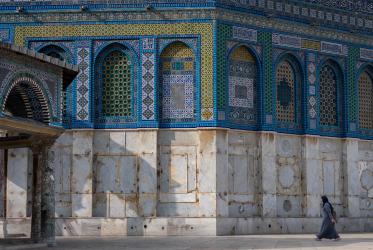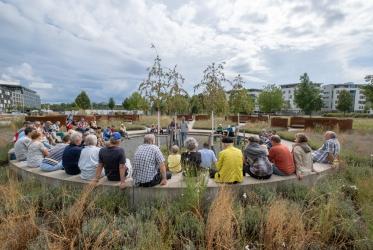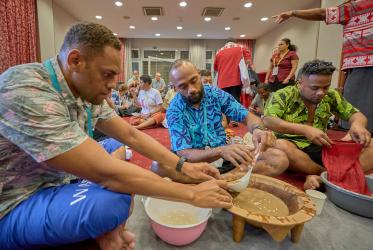Displaying 1 - 20 of 32
10 April 2024
Words of steadfastness ring from the rubble
21 March 2024
Messages of hope amid strife ring for New Year
11 January 2024
Tackling sexual violence in war
14 December 2023
WCC webinar explores decolonizing beauty
11 December 2023
Workshop explores how interreligious dialogue brings trust and respect
15 September 2022
Las regiones aportan sus perspectivas a la 11ª Asamblea del CMI
07 September 2022
Regional perspectives brought to the 11th Assembly
05 September 2022


